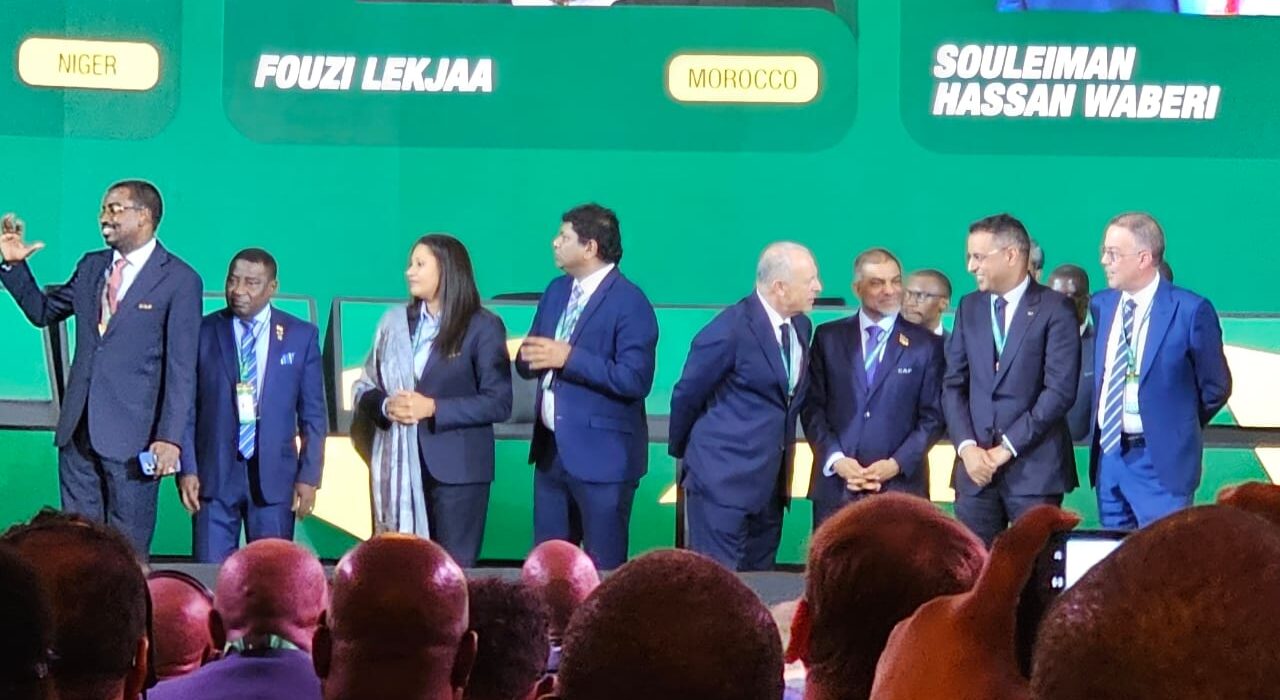The Cairo FIFA Council elections on Wednesday saw a major shock in African football politics, with Zambia’s Andrew Kamanga losing even though he had strong backing from the CECAFA (Council for East and Central Africa Football Associations) and COSAFA (Council of Southern Africa Football Associations) blocs.
The bloc, which aimed to have Southern and East African football represented, could not hold ground against massive lobbying from North and Francophone Africa.
Kamanga was the favorite pick who was seen to give English-speaking Africa greater influence at FIFA.
His fortunes were, however, ruined by infighting within the alliance as well as politicking from the other continents.
His loss indicates the weakness of CECAFA and COSAFA in being able to exert influence in pivotal votes and exposes their failure to unite behind one candidate.
Ironically, despite the collapse of the alliance, Djibouti’s Souleiman Hassan Waberi—who was also backed by CECAFA and COSAFA—managed to secure a seat.
His victory underscores the reality that political strategy often outweighs regional affiliations in FIFA politics.
Waberi’s deep connections with FIFA President Gianni Infantino and CAF President Patrice Motsepe played a crucial role in his success.
His diplomatic skills and long-standing involvement in African football governance proved decisive in swaying votes in his favor.
While Waberi’s win provides some consolation for CECAFA and COSAFA, Kamanga’s loss signals a need for these blocs to rethink their strategy.
If they hope to influence future FIFA elections, they must strengthen their political coordination and prevent internal divisions from weakening their collective power.












